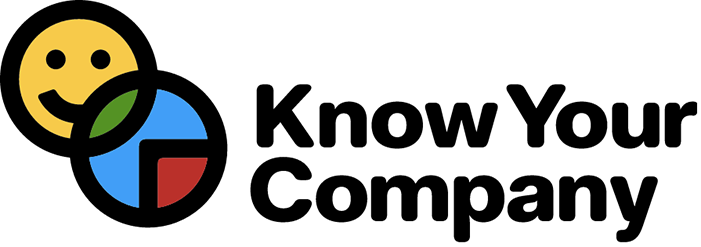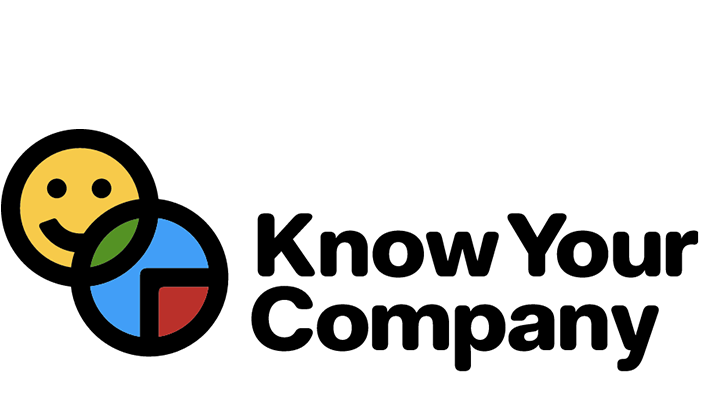When Abernathy launched in January, I had a clear idea of who I wanted to reach and the kind of change I wanted to make in their lives. My thesis was that black men must take control of our own narratives, and that an online platform was a great way to quickly facilitate this.
What I didn’t know is how many people outside of our target demographic also desired and resonated with this message. As I interact with the supporters of the publication, it’s clear that our readers are quite diverse, and that some of them even run companies that are eagerly in search of diverse candidates. And even with the companies that aren’t currently hiring, there’s a strong interest in ways to solve the shameful diversity and inclusion disparity that we’re all seeing.
A core idea in this urgent and necessary work is empathy. In order to create inclusive and welcoming workplace environments, new worldviews must be considered. Whether or not diversity is good for business is not in question—the question facing forward-thinking business leaders is how to understand the perspectives and lived experiences of the qualified, diverse professionals who are looking to build careers with thoughtful companies that stand for something. The perspectives of people like you.
In this way, Abernathy serves as a bridge between the intelligent black men (and women) whose lives are reflected in the stories surfaced here, and the companies looking to hire them.
The diversity and inclusion reports coming out of Silicon Valley are downright embarrassing, and non-tech sectors aren’t faring much better. But as the outside world looks on with frustration at how slowly progress is being made, we aren’t losing sight of one of our core tenets here at Abernathy: to amplify the good news.
If you look carefully, it’s clear that a few companies do get it. New conversations are taking place, new strategies are being implemented, and action is being put behind the promises made. Most of the news on this topic is dominated by the Silicon Valley giants, but what about everyone else?
Indeed, there are companies all over the nation that are run by people who are trying to get it right on Day One. We don’t think they should be left out of the conversation, and neither do they. And so today, we’re proud to announce Companies That Care.
Companies That Care
Companies That Care is a group of companies that are stepping up to the challenge. As it turns out, companies are made of humans, and many of these humans are fundamentally decent and thoughtful like you.
We’re working with these companies to help with the following issues:
- Driving awareness around efforts being made to close the diversity and inclusion gap
- Sharing stories around the remarkable black men and women already employed by these companies
- Amplifying the two way dialog between qualified job seekers and the companies who want to hire them
- Showing what it looks like to prioritize a posture of courageous leadership, rather than decisions based on what’s worked (or more accurately, what hasn’t gotten someone in trouble…) in the past

Know Your Company
The first company we’re announcing as a sponsor of this initiative is Know Your Company. From the CEO, in her own words:
We decided to support the Companies that Care (CTC) because, quite frankly, the voice of black men (and women!) isn’t often heard in the business world. And that’s a tragedy. The best workplaces are inclusive – places where you’ve got folks from different walks of life, coming from different vantage points, with differing opinions.
Only with diverse perspectives and ideas are you able to generate the best outcomes in your business. For us, here at Know Your Company, we want more people and more companies to share that belief. That’s why we got behind the CTC. We wanted to support that kind of inclusivity.
Claire Lew
CEO, Know Your Company
I’m incredibly grateful for the companies involved and their respective teams. This sends a strong message to the world and an understandably frustrated public—a message first sent by our launch sponsors—that this is what the future looks like.
And now it’s time to go faster.
On the editorial side, I’m extremely proud of the work the writers at Abernathy are doing. Of course, I’m biased, but I would say with confidence that the world is a better place with Abernathy than without it. It’s tempting as a publisher to interrupt as many people as possible to grow our readership in order to make sponsoring the publication a no-brainer for companies, but this goes against my personal ethos as an ethical marketer.
So instead of just casting a wider net, we’re going to go deeper.
In the weeks and months to come, we’ll be connecting with our subscribers on a personal level—emails and phone calls to start. Based on your feedback, we’ll be able to paint a clearer picture of the kind of futures you’re interested in seeing inside and outside the walls of the companies that employ you.
If you’d like to be a part of this, be sure to subscribe so we can take your feedback into account. Thanks so much for being a part of this journey.
[email]
